Dr.Apoorv Dua
Shoulder Replacement Surgery in Delhi for Pain Relief and Improved Mobility
Shoulder replacement removes damaged areas of bone and replaces them with parts made of metal and plastic (implants). This surgery is called shoulder arthroplasty (ARTH-row-plas-tee).
- Pain relief
- Improved range of motion
- Increased strength
- Improved quality of life
- Long-term results
Consult a Doctor
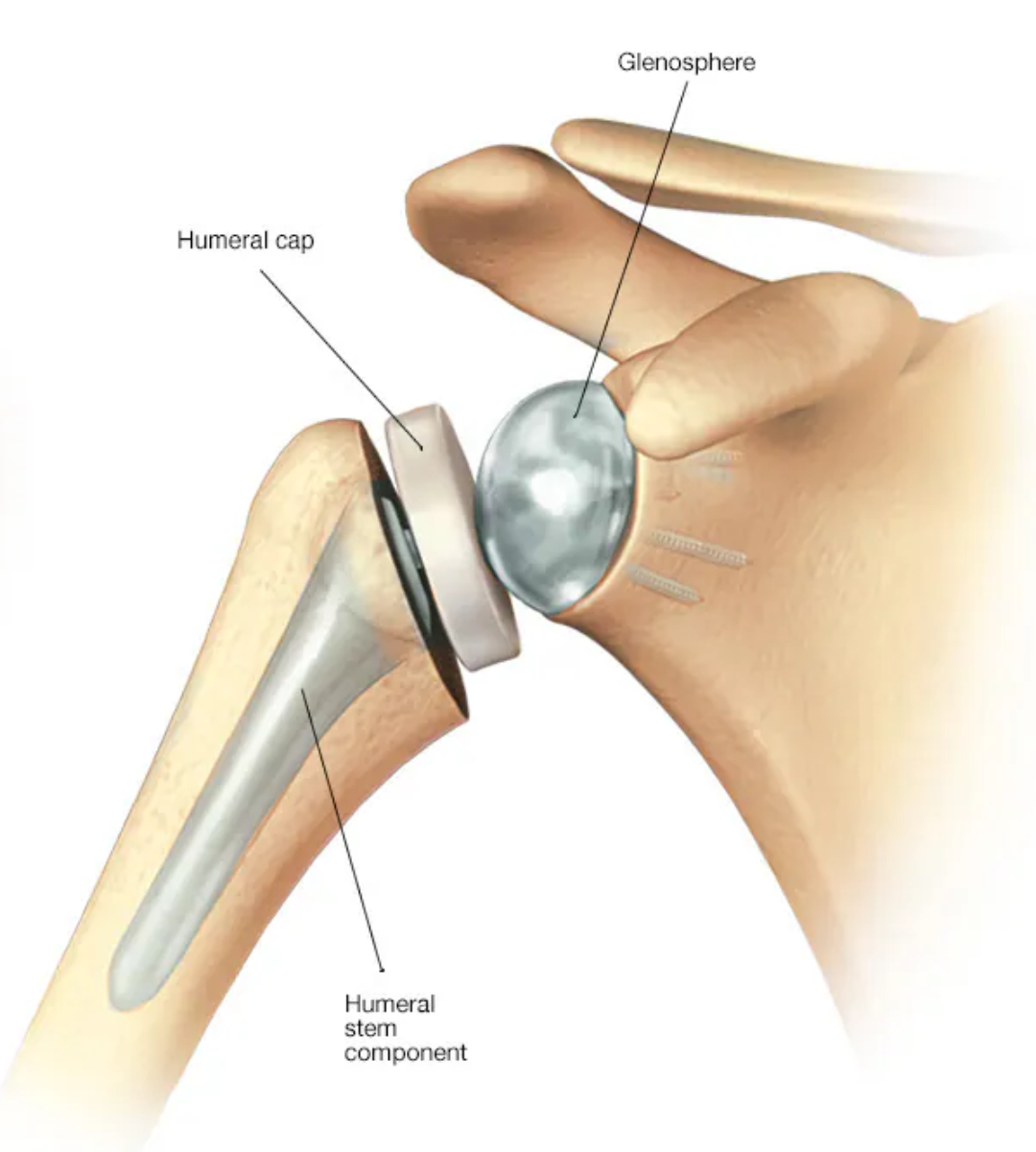
Shoulder Replacement
Shoulder replacement removes damaged areas of bone and replaces them with parts made of metal and plastic (implants). This surgery is called shoulder arthroplasty (ARTH-row-plas-tee).
The shoulder is a ball-and-socket joint. The round head (ball) of the upper arm bone fits into a shallow socket in the shoulder. Damage to the joint can cause pain, weakness and stiffness.
Shoulder implants are available in a few different shapes and a range of sizes. Replacement options include partial and total using either anatomic or reverse implants.
Shoulder replacement surgery has a high success rate, with patients often experiencing significant pain relief and improved mobility. Satisfaction rates for shoulder replacements are around 90%.
Know More
About Shoulder Replacement
-
 Symptoms
Symptoms
-
 Diagnosis
Diagnosis
-
 How We Perform
How We Perform
-
 Why Is Treatment Needed?
Why Is Treatment Needed?
-
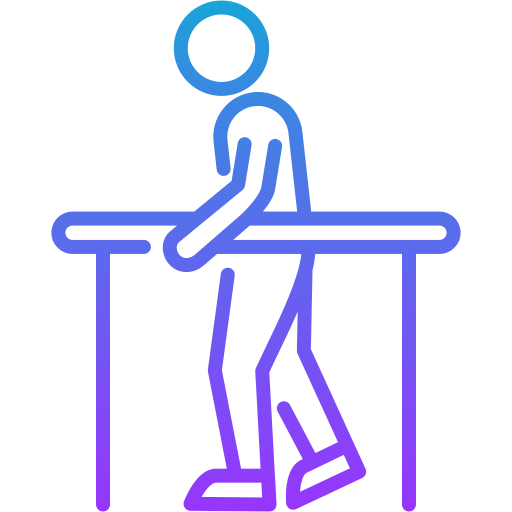 Recovery
Recovery
-
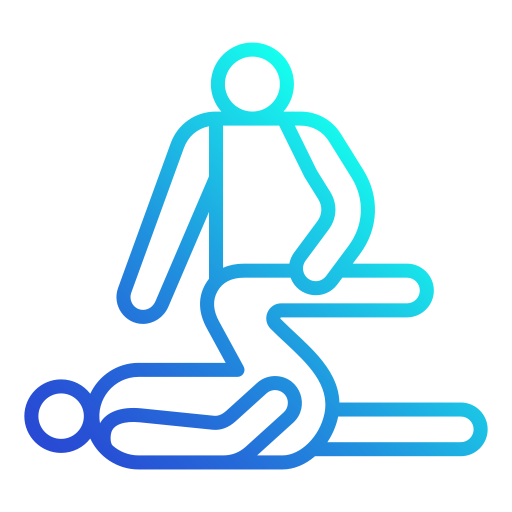 Rehabilitation
Rehabilitation
-
 Prevention
Prevention
Shoulder replacement surgery is done to relieve pain and other symptoms that result from damage to the shoulder joint.
Conditions that can damage the joint include:
- Osteoarthritis: Known as wear-and-tear arthritis, osteoarthritis damages the cartilage that covers the ends of bones and helps joints move smoothly.
- Rotator cuff injuries: The rotator cuff is a group of muscles and tendons that surround the shoulder joint. Rotator cuff injuries sometimes can result in damage to cartilage and bone in the shoulder joint.
- Fractures: Fractures of the upper end of the humerus may require replacement, either as a result of the injury or when the prior surgery for fracture fixation has failed.
- Rheumatoid arthritis and other inflammatory disorders: Caused by an overactive immune system, the inflammation associated with rheumatoid arthritis can damage the cartilage and occasionally the underlying bone in the joint.
- Osteonecrosis: Some types of shoulder conditions can affect blood flow to the humerus. When a bone is starved of blood, it can collapse.
A doctor diagnoses conditions that may require shoulder replacement surgery by performing a physical exam, taking X-rays, and sometimes ordering other tests:
Physical exam
The doctor will check for any visible abnormalities or changes in the shoulder, and note pain levels during rest and activity.
X-rays
X-rays can confirm arthritis by showing loss of joint space in the shoulder joint.
CT scan
A CT scan may be needed to evaluate bone integrity.
MRI
An MRI can assess the condition of soft tissues, such as the rotator cuff tendon.
EMG test or nerve conduction study
If the doctor suspects nerve damage, they may order an EMG test or nerve conduction study.
Shoulder replacement surgery is a procedure that involves replacing the ball and socket of the shoulder joint with a prosthetic:
- Anesthesia
- Cut
- Remove the old parts
- Insert the new parts
- Close the incision
A shoulder replacement is a surgical procedure that replaces a damaged shoulder joint with an artificial component to treat pain and dysfunction. It’s often recommended when other treatments have failed and the patient is still experiencing severe pain and loss of function.
Some reasons why a shoulder replacement might be needed include:
- Arthritis
- Shoulder instability
- Severe pain
- Previous injuries
- Avascular necrosis
Shoulder replacement recovery varies from person to person, but it typically takes three to six months to fully recover.
Key Points:
- Pain and swelling: You can expect pain and swelling to taper off within the first four days.
- Physical therapy: You’ll start physical therapy within a week or two to help strengthen your shoulder muscles and improve movement.
- Activities: You should avoid activities that involve reaching or using your shoulder a lot, lifting heavy objects, or making sudden movements. You should also avoid putting your arm behind your back or using it to push yourself up
- Blood thinners: If you take a blood thinner, you should follow your doctor’s instructions carefully.
- Pain medication: Your doctor will tell you when and how to take pain medication.
Rehabilitation focuses on restoring shoulder function through physical therapy. This includes range of motion exercises, strength training, and pain management. The goal is to regain strength, flexibility, and stability in the shoulder. Functional activities are gradually reintroduced to help you return to daily tasks and activities with improved shoulder health.
Key Points:
- Tailored exercises to regain strength and mobility.
- Specific movements to improve shoulder flexibility.
- Exercises to rebuild shoulder strength and stability.
- Techniques and medications to manage post-rehabilitation discomfort.
- Gradual reintroduction to daily tasks and activities.
Preventing shoulder injuries involves regular exercise to strengthen the shoulder muscles, using proper techniques during physical activities, and avoiding overuse. Warm-up and stretching exercises help prepare the muscles for activity, while ergonomic adjustments ensure proper alignment and posture during daily tasks, reducing the risk of injury.
Key Points:
- Strengthening shoulder muscles to prevent injuries.
- Using correct techniques during physical activities and sports.
- Preventing repetitive strain on the shoulder joint.
- Preparing muscles before intense activities.
- Proper alignment and posture during daily tasks.
WHY US?
Why Choose Dr. Apoorv Dua
At our clinic, Dr. Apoov Dua provides expert care in Shoulder Replacement Surgery. With years of experience in orthopedic surgery, Dr. Dua specializes in minimally invasive techniques, ensuring faster recovery and improved long-term outcomes for his patients.

50,000+
Patients Experience

25,000+
Procedures
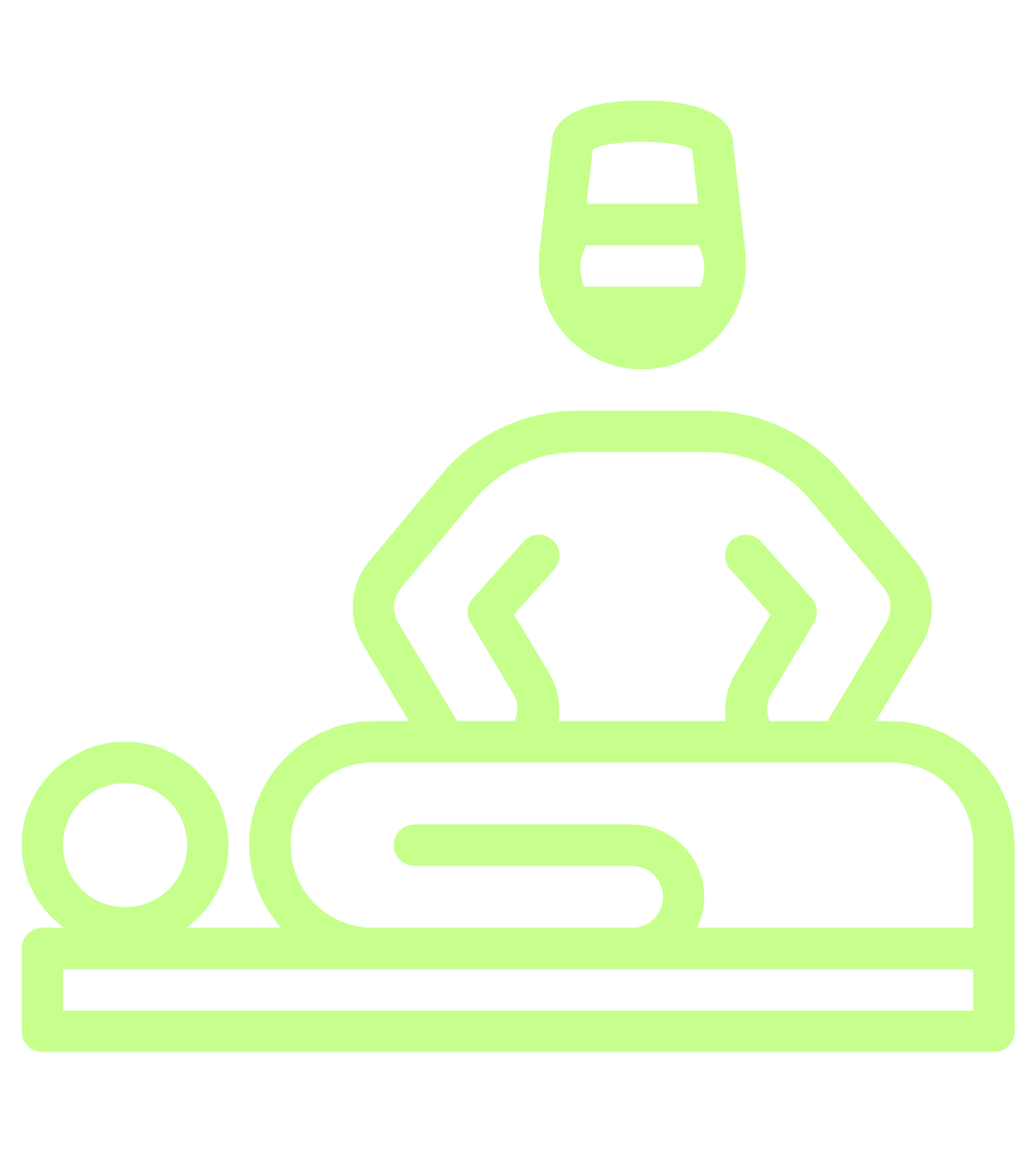
1000+
Trauma surgeries
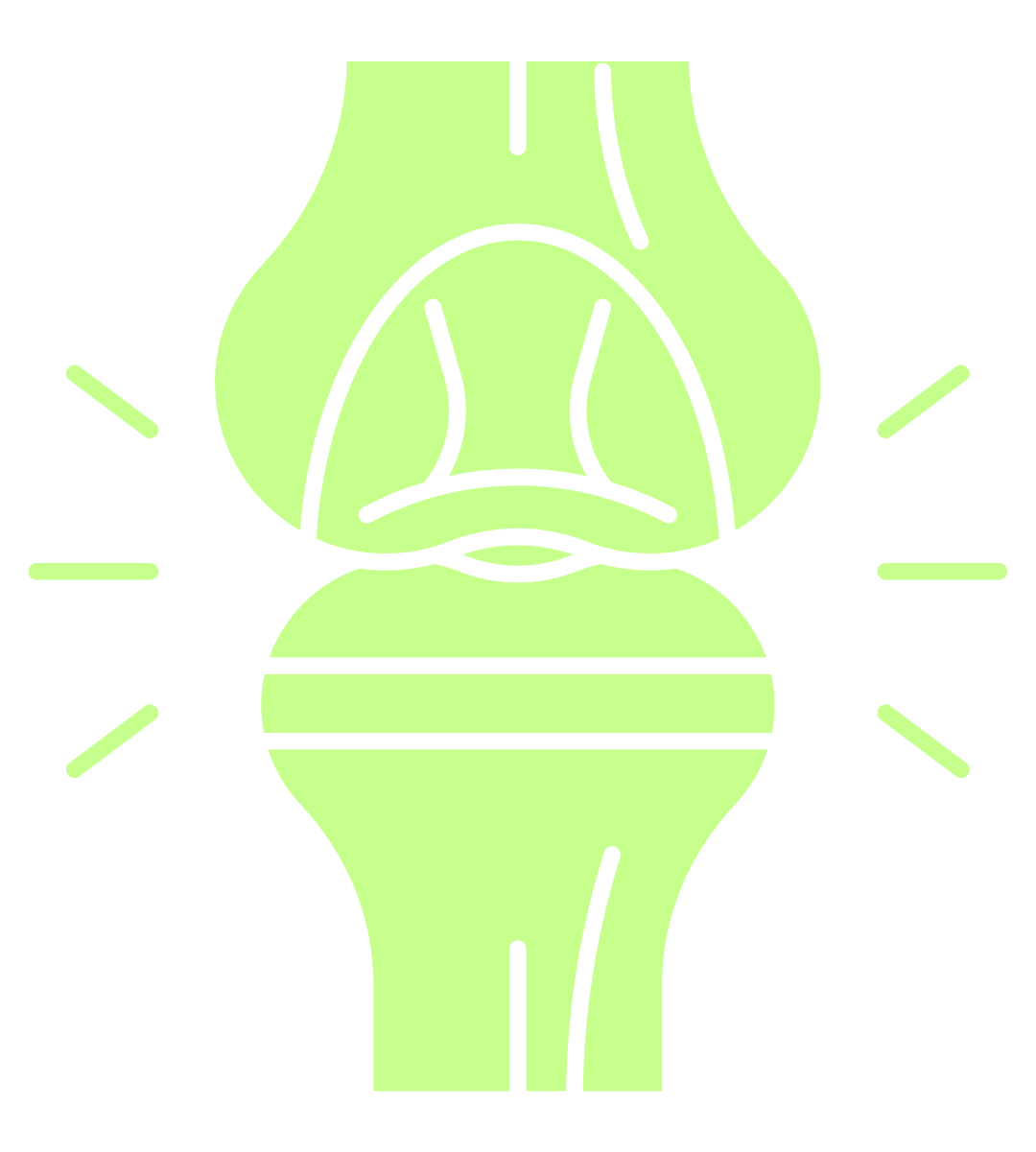
5000
Joint Replacement Surgeries
Check Surgery Cost
We believe in transparency. You can enquire about the Surgery Cost and we will help you with complete detailed treatment process till your recovery.
Frequently Asked Questions About Shoulder Replacement
This surgery replaces the ball-and-socket joint of the shoulder with metal and plastic parts. It’s usually used as a last resort to treat severe damage, deformity, or chronic pain.
Shoulder replacement surgery is very successful at relieving pain, but it’s not perfect. You might still feel some pain when the weather changes or if you’re too active. The amount of improvement in range of motion is less predictable than pain relief.
Shoulder replacement recovery varies from person to person, but it typically takes three to six months to fully recover.
Shoulder replacement surgery is often recommended when other treatments for shoulder pain and limited range of motion have failed. Common reasons for shoulder replacement include:
- Advanced arthritis
- A major rotator cuff tear
- A bad shoulder fracture
The metal ball that replaces the humeral ball is usually made of stainless steel, and the stem that attaches it to your arm is usually made of titanium. The glenoid socket is replaced with a polyethylene cup.
The success of your surgery will depend largely on how well you follow your orthopaedic surgeon’s instructions at home during the first few weeks after surgery. Here are some common do’s and don’ts for when you return home:
- Don’t use the arm to push yourself up in bed or from a chair because this requires forceful contraction of muscles.
- Do follow the program of home exercises prescribed for you. You may need to do the exercises 2 to 3 times a day for a month or more.
- Don’t overdo it! If your shoulder pain was severe before the surgery, the experience of pain-free motion may lull you into thinking that you can do more than is prescribed. Early overuse of the shoulder may result in severe limitations in motion.
- Don’t lift anything heavier than a glass of water for the first 2 to 4 weeks after surgery
- Do ask for assistance. Your physician may be able to recommend an agency or facility if you do not have home support.
- Don’t participate in contact sports or do any repetitive heavy lifting after your shoulder replacement.
- Do avoid placing your arm in any extreme position, such as straight out to the side or behind your body for the first 6 weeks after surgery.
Your rehabilitation therapist will see you the day after surgery. Remember that pain control is very important. Your nurse will give you pain medicine about 30 minutes before your rehabilitation sessions start so that you can do as many exercises with your physical therapist as possible. You should continue these exercises once you return home.
Yes we will prescribe physical therapy. Typically, therapy will last two months following the operation; however, sometimes patients require more.
Most people who develop arthritis on one side develop it on the other side as well. Most often one side hurts worse than the other and so many patients opt for both shoulders to be replaced but it is usually a couple years between the two operations.
What Our Patients Say
Based on 160 reviews







I am Jaswanti pandey mother of two years old daughter manvi pandey.
I went to dr Apoorv Dua sir for my daughter hand fracture. He handled my daughter s case very nicely.He is a humble person and my daughter is recovering very nicely ....thank you sir.
"I have had a total knee replacement surgery performed by Dr. Apoorv Dua. From my first visit onwards ,I was able to place my trust in him. He took time to listen to all my concerns. His compassion and skills are remarkable. I received good preoperative and postoperative care. His expertise and exceptional care have made a great difference. I am happy about the results of my surgery and am grateful for the care given to me. I feel fortunate to have been treated by him. I would highly recommend him."
1. The x-ray technician seemed inexperienced and even after doing it 3 times the film was blurred
2. The dr saw the film and verbally told me there's no problem however when the report came 2 days later it said partial lumbar lordosis loss and some osteophytes.
3. The clinic held back our reports and refused to give it to us stating that the reporting person was on leave. This wasn't conveyed to us when we went for x-ray. Report was sent to us 2 days later after fighting and threatening to report them in consumer court.
It was just an extremely unethical behaviour. Will not recommend it at all.


